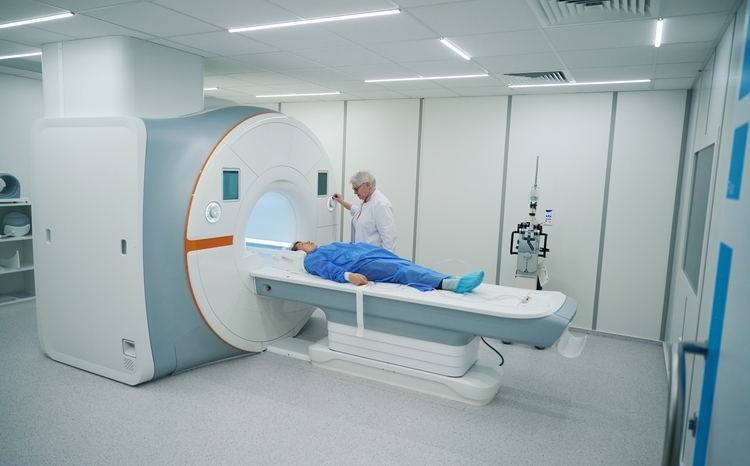Heart of England procures independently on PACS
- 22 May 2006
Heart of England Foundation NHS Trust in Birmingham has gone outside the nationally negotiated NHS Connecting for Health (CfH) contract to tender for a full digital imaging solution comprising picture archive and communications system (PACS).
Earlier this month the trust has placed an advert in the Official Journal of the European Union (OJEU) for PACS, Radiology Information System (RIS), Computerised/Digital Radiography (CR/DR). The contract advertised is for up to seven years.
The advert was placed in the same week that NHS Connecting for Health announced that GE and HSS had taken over the PACS/RIS contract for the North West and West Midlands region.
The Birmingham hospital trust told E-Health Insider that it had issued the procurement notice based on the latest April guidance from Monitor, the regulator for NHS foundation trusts, on whether foundation trusts are obliged to take the systems procured by the National Programme for IT (NPfIT).
The DH had previously advised trusts that it guaranteed the value for money (VfM) of the CfH negotiated contracts covering the £6.2bn NHS National Programme for IT (NPfIT) and that they did not have to carry out their own local procurements to obtain VfM comparators.
The position of NHS foundation trusts in relation to the NPfIT programme has, however, been unclear. This April, Monitor issued new guidance that said the requirement on all foundation trusts to participate on NPfIT, means that they must achieve technical and functional compliance. But Monitor added that the requirement did not necessarily extend to taking nationally procured systems, and stressed that trusts must ensure they are achieving value for money.
With some 33 NHS foundation trusts already established and many more on the way, the move by Birmingham Heartlands to place an OJEU procurement for a ‘core’ NPfIT systems could have widespread ramifications for the NHS IT programme.
Andy Laverick, director of IT at the Birmingham Heartlands, told E-Health Insider: “As a foundation trust, our regulator, Monitor, stipulates that the chief executive is also accounting officer, and is therefore personally accountable for ensuring Value for Money.
Laverick added “This means that we must be extremely rigorous about our procurement process and its financial implications. Therefore, we are obliged to put all major contracts out to tender in order to obtain competitive quotes and consequently achieve best Value for Money.
“We are currently going through the OJEU procurement process for the trust’s imaging and archiving system. This will allow us to achieve accurate comparison with the Connecting for Health solution and to meet Monitor’s strict guidance regarding Value for Money.”
In Monitor’s view, the requirement on all NHS foundation trusts (under Condition 20 of their Authorisation) to participate in NPfIT, means that NHS foundation trusts must achieve technical and functional compliance with the hardware and software provided under NPfIT.
A spokesperson for the trust told EHI: "We are going through this procurement process because we are accountable to Monitor and must ensure VfM. It gives us the opportunity to go out to the marketplace and assess systems that are available to a trust like ours. We are entitled and encouraged to do this as a foundation trust.
The spokesperson added "The considerations are purely financial at this stage. It is not because we have found the nationally procured system to be unsatisfactory…" Simply advertising for a new PACS systems places the trust under no obligation to award a contract.
Condition two of their foundation trust ‘terms of authorisation’ requires NHS foundation trusts to exercise their functions “economically, efficiently and effectively”, reflecting section 39 of the Health and Social Care (Community Heath and Standards) Act 2003.
The ‘terms of authorisation’ for foundation trusts state that chief executives of NHS foundation trusts are also accounting officers, and are therefore personally accountable for ensuring value for money. Monitor states that procurement decisions should be treated similarly to any other form of investment decision. The board of an NHS foundation trust is therefore responsible for ensuring appropriate due diligence has been undertaken before an investment decision is undertaken.




